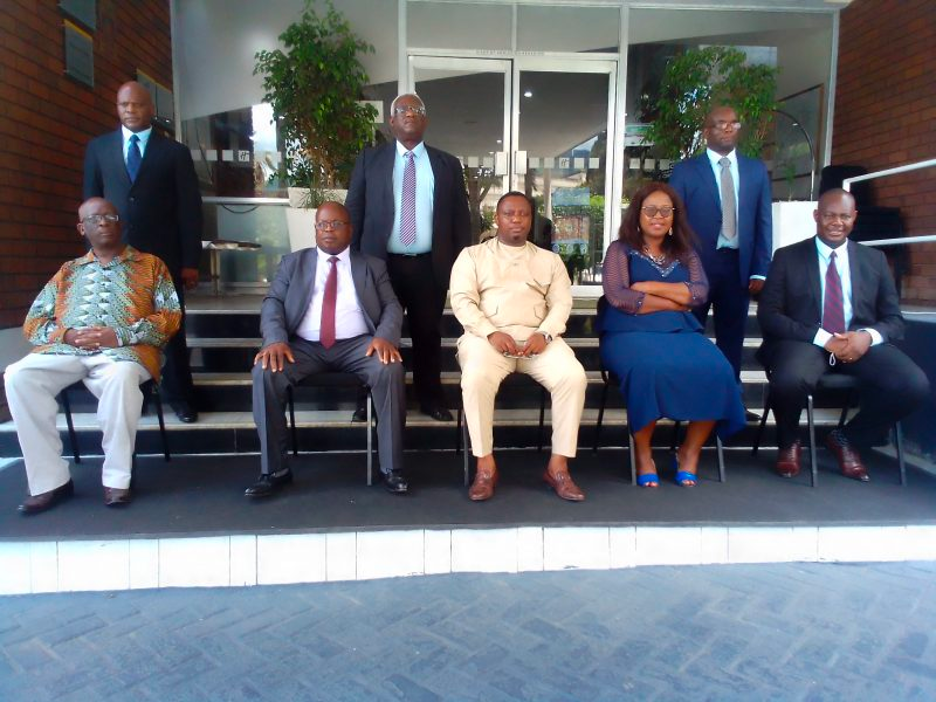
Spread This News
As of 2022, Zimbabwe plans to modernise the existing gambling legislation, which has been in place since 1998. Products and services have changed over the past two decades, and consumer expectations differ from the 1990s. The current legislation does not reflect the progress made in the past 25 years. It also allows foreign online operators to offer services in the country and collect revenue without paying any taxes to the government.
The primary purpose behind overhauling the existing legislation is to get a grip on the growing online gambling industry. Many countries have done the same over the past ten years. A recent example is the United States. Gambling operators in the US have become more prevalent but with the benefit of sites being regulated. That country has enjoyed sustainable growth under a modernised legal framework. Besides getting better control over possible social issues arising from the activity of gambling, the main driver is revenue.
Due to the willingness of the United States to open up for regulated online gambling, they blew past the United Kingdom as the world’s largest regulated online gambling market. As a result, in 2022, the revenues from US online sports betting and gaming gross revenue increased by 61% year-on-year to an estimated $12.4 billion.
Comparing Zimbabwe with the United States is hardly fair. But the example is a powerful demonstration of how large the gambling industry is and how it can improve the economy. In the case of our country, a modern regulatory framework could help with economic deficits. Legislations can also improve the safety net around gambling to minimise social problems, money laundering, and illegal activities.
The Lotteries and Gaming Board of Zimbabwe will continue to oversee the local industry and work towards implementing the changes proposed by the Minister of home affairs and cultural heritage, Kazembe Kazembe, last year.
Earlier in 2023, the Lotteries and Gaming Board took their first step by raising the fees for local and foreign operators. Another change requires that all gambling fees are paid in United States Dollars. For example, a permanent casino licence fee for foreign applicants is $5,000, while a bookmaker’s licence is $2,000.
Any further changes are being worked on, and the government has received offers from international companies that can assist with expanding the new gambling legislation.